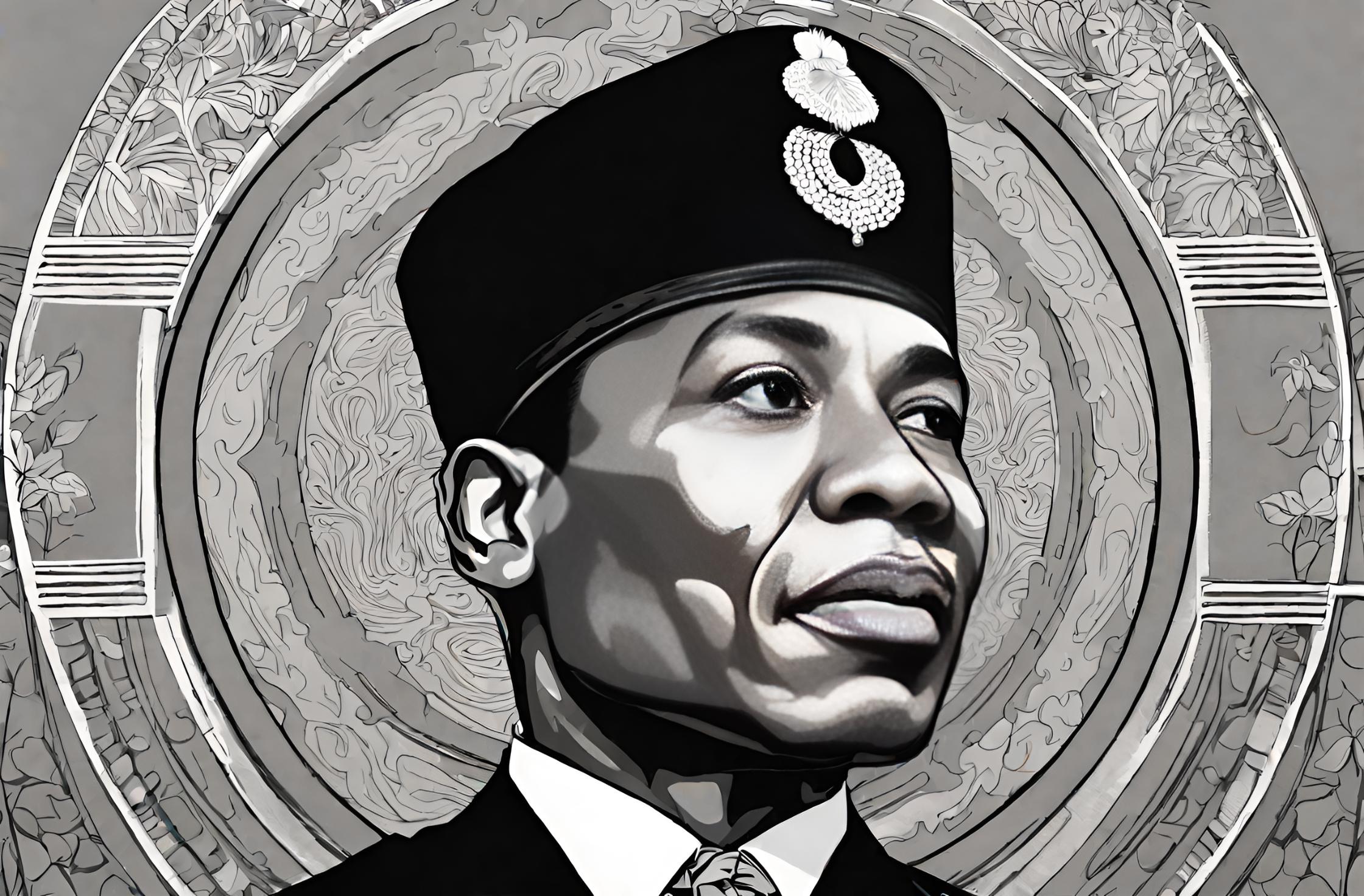Flashback to July 9
American History

On February 25, 1975, the nation mourned the death of Elijah Muhammad, the leader of the Nation of Islam. He passed away in Chicago, Illinois at the age of 77, leaving behind a legacy that would continue to shape the course of history.
Elijah Muhammad, born Elijah Robert Poole on October 7, 1897, in Sandersville, Georgia, was a charismatic leader who dedicated his life to empowering African Americans and promoting racial equality. In the early 1930s, Muhammad joined the Nation of Islam, a religious movement founded by Wallace D. Fard. Under Muhammad’s leadership, the Nation of Islam grew exponentially, attracting a large following of African Americans who were seeking a sense of identity, empowerment, and social justice.
Muhammad’s teachings centered around the idea of black independence and self-reliance. He emphasized the importance of economic self-sufficiency, education, and discipline within the African American community. Muhammad’s charismatic personality and powerful speeches resonated with many, and he quickly became a prominent figure within the civil rights movement.
During his tenure as the leader of the Nation of Islam, Muhammad faced both admiration and controversy. While many praised his efforts in uplifting the African American community, his teachings also attracted criticism for their exclusionary nature and controversial beliefs. The Nation of Islam’s strong stance on racial separation and their belief in a separate nation for African Americans sparked debates and sparked discussions, both within the African American community and among the wider population.
However, despite the controversies surrounding Elijah Muhammad and the Nation of Islam, there is no denying the profound impact he had on the civil rights movement. Muhammad’s teachings inspired countless individuals, and his message of black empowerment resonated with generations of African Americans. He played a fundamental role in fostering a sense of unity and pride within the African American community, empowering individuals to overcome adversity and strive for a better future.
Following Muhammad’s death, his son, Warith Deen Mohammed, assumed leadership of the Nation of Islam. With a more inclusive approach, he sought to align the ideology of the Nation of Islam with mainstream Islam. This shift marked a significant turning point in the organization’s history, as it embraced a more universal message of faith and inclusivity.
Muhammad’s legacy continues to inspire and spark conversations today. His teachings and the principles of the Nation of Islam have had a lasting impact on the African American community and the broader fight for racial equality. Many prominent figures, including Malcolm X and Muhammad Ali, were influenced by Elijah Muhammad’s teachings and found solace and guidance within the Nation of Islam.
The death of Elijah Muhammad on February 25, 1975, marked the end of an era for the Nation of Islam. His leadership and teachings had a profound impact on the African American community and the civil rights movement as a whole. While he faced criticism and controversy, there is no denying the lasting legacy of empowerment and unity that he left behind. Elijah Muhammad’s contributions continue to shape the conversation on race, equality, and social justice to this day.
We strive for accuracy. If you see something that doesn't look right, click here to contact us!
Sponsored Content

Corncob pipe patented (Henry…
On July 9, 1878,…

Temperature hits 115 degrees…
On July 9, 1860,…

L Carnera discovers asteroid…
On July 9, 1902,…

In Western Minnesota, a…
On July 9, 1975,…

Great train wreck of…
The Great Train Wreck…

